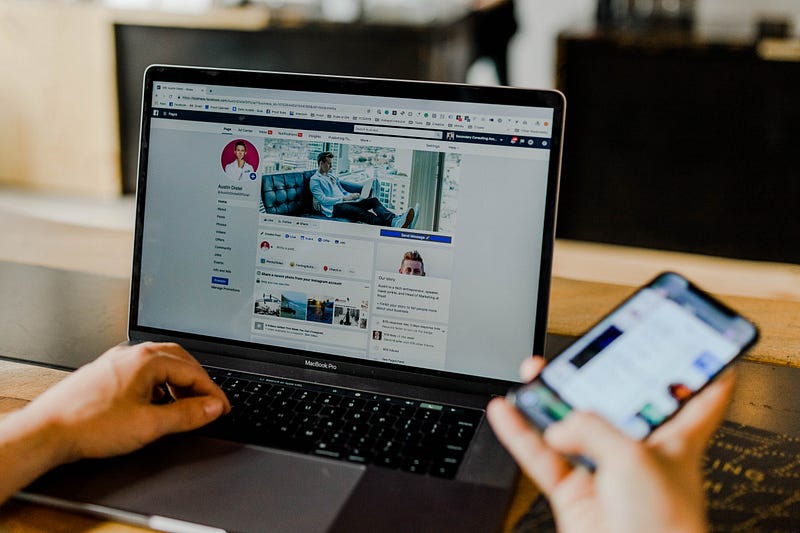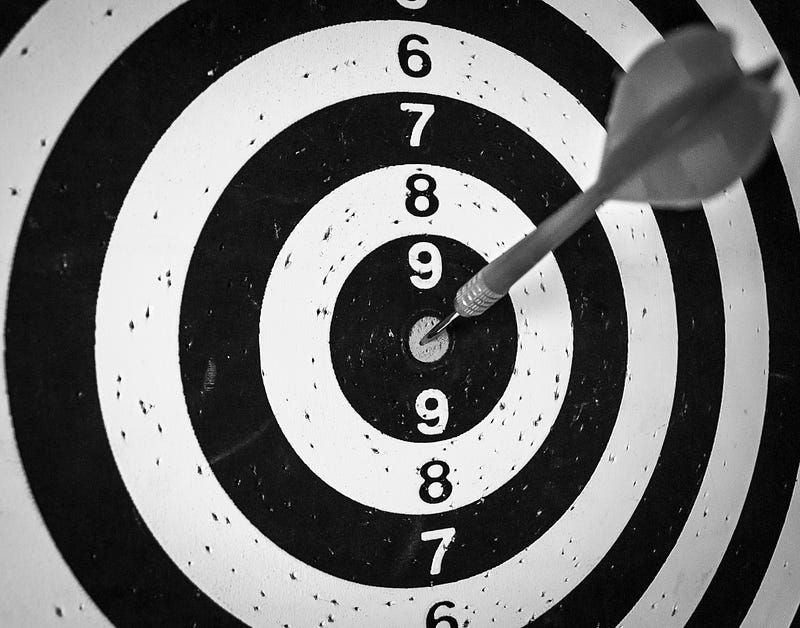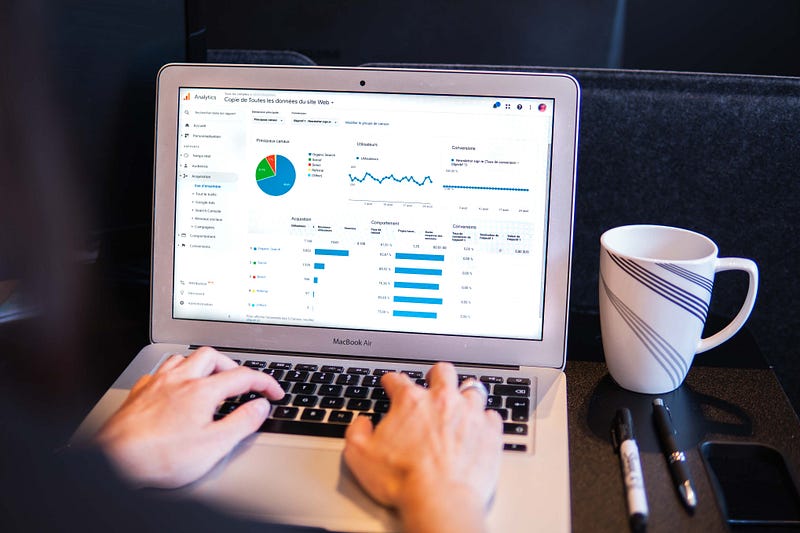
In recent years, artificial intelligence (AI) has seen a surge in adoption, thanks to the development of technologies like machine learning and natural language processing. This has led to a number of businesses harnessing the potential of AI to enhance their operations.
The advertising industry is no exception. AI is being used to develop new advertising technologies that can improve the overall advertising experience for consumers. For example, IBM has developed a technology called Watson Ads that uses AI to help brands create more effective and engaging ads. Watson Ads can not only create ads that are more personalized and relevant to individual consumers, but it can also optimize them for different channels, such as TV, digital, and social media. As a result, Watson Ads can help brands achieve a higher ROI on their advertising spending.
In this blog post, we will explore the impact that AI will have on advertising in 2022. We will look at how AI can be used to create targeted ads, personalize the user experience, and optimize ad campaigns. We will also discuss the potential challenges that the advertising industry may face in the future due to the rise of AI.

How AI can be used for targeting
Advertisers have always been interested in understanding their audiences as deeply as possible in order to create the most effective ads. With the advent of artificial intelligence, this is becoming even more important. AI can help advertisers target their ads more accurately than ever before, by understanding things like what a person’s interests are, what their lifestyle is like, and what kinds of products they are likely to buy. This means that advertisers can create ads that are much more relevant to individual viewers, which is likely to be more effective in terms of getting people to buy products.
AI can also help advertisers to target their ads more efficiently. For example, if an advertiser knows that a certain type of person is more likely to buy a product, they can use AI to target that person specifically with their advertising. This can save advertisers a lot of money, as they can focus their advertising efforts on the people who are most likely to be interested in their product.
AI will be able to take into account a customer’s interests, demographics, and past behaviors in order to create a more personalized ad experience.
This year, AI will be used to target ads more accurately than ever before. By analyzing data about customers’ preferences and behavior, AI will be able to identify which ads are most likely to be seen and engaged with. AI will be able to take into account a customer’s interests, demographics, and past behaviors in order to create a more personalized ad experience. This will result in more effective and efficient advertising, and will ultimately lead to better customer experiences which will help improve ROX for advertisers.
Using AI for personalized user experiences
Advertisers have always been looking for new and innovative ways to personalize their marketing in order to capture the attention of their target audiences. With the advent of artificial intelligence (AI), that process is about to get a lot more sophisticated.
Thanks to AI, advertisers will be able to create highly personalized ads based on everything from a person’s browsing history to their current location. This will allow them to target specific individuals with ads that are relevant to their interests and needs.
AI will be used to create custom experiences for users. For example, if you visit a website that uses AI, the site may show you different content based on what it knows about you. AI will also be used to create personalized recommendations for products, services, and content. This will help businesses connect with customers in a more meaningful way and increase the chances that they will make a purchase.
People are more likely to respond positively to ads that are personalized specifically for them, and they are also more likely to be loyal to brands that take the time to understand their needs.
Not only will this make advertising more effective, but it will also help to build trust between brands and their customers. People are more likely to respond positively to ads that are personalized specifically for them, and they are also more likely to be loyal to brands that take the time to understand their needs.
In the coming years, we can expect to see a lot more AI-based personalization in advertising. It’s a trend that is poised to revolutionize the industry, and it’s one that advertisers should definitely be paying attention to.

Optimizing ad campaigns with AI
In just a few years, artificial intelligence will be able to optimize ad campaigns in real-time, ensuring that businesses are getting the most out of their advertising spend. AI will be able to analyze data much more quickly and accurately than humans, meaning that campaigns will be able to be tweaked on the fly to ensure that they are as effective as possible.
AI can help optimize campaigns by adjusting bids and targeting specific demographics. It can also help create more personalized ads and track the success of campaigns in real-time.
AI can also help advertisers target specific channels. For example, if an advertiser wants to focus on Facebook, AI can help target users who are more likely to respond to the ad. AI can also help determine what time of day to run the ad and what type of ad to use.
This will be a huge boon to businesses, as they will be able to save money on wasted ad spend, and will see a significant increase in ROAS.
Overall, AI can help advertisers optimize their campaigns and target specific demographics. This will be a huge boon to businesses, as they will be able to save money on wasted ad spend, and will see a significant increase in ROAS.
Reviewing and generating creative with AI
Advertisers have always been looking for an edge to set them apart from the competition. In the early days of advertising, that edge was often the use of clever slogans or images. As time has passed, advertisers have turned to more sophisticated methods, such as targeting specific demographics or using data to personalize ads.
In 2022, AI will be another tool in the advertiser’s toolkit. AI will be used to review and generate creative. This will allow advertisers to create more effective and personalized ads, increasing the likelihood that consumers will respond to them.
Artificial intelligence will play a big role in how advertising is created and delivered. AI will be used to generate ads, target customers, and measure the performance of marketing campaigns.
The AI will analyze the customer’s purchase history, demographics, and online behavior to create an ad that is most likely to appeal to them.
Advertisers will use AI to create ads that are tailored to the individual consumer. The AI will analyze the customer’s purchase history, demographics, and online behavior to create an ad that is most likely to appeal to them.
AI will also be used to measure the effectiveness of advertising campaigns. By tracking the responses of customers to ads, the AI can determine which campaigns are most successful and adjust them accordingly. By automating the process of creating ads, businesses will be able to save time and money. Additionally, the use of AI will help businesses to target their ads more effectively.

Potential challenges
The advertising industry is constantly evolving, and it’s hard to predict how it will change in the next decade. However, there’s no doubt that artificial intelligence (AI) will have a significant impact on advertising in 2022.
One of the biggest challenges facing advertisers in 2022 will be how to use AI to personalize ads. With so much data available, it will be essential to use AI to target ads to specific individuals. Advertisers will also need to find ways to measure the effectiveness of AI-generated ads.
AI could also automate many of the tasks currently done by humans in the advertising industry, such as creating and targeting ads. If AI is able to do this more effectively than humans, it could lead to mass layoffs in the advertising industry.
Another challenge is that AI could be used to manipulate people’s emotions and preferences. For example, if an AI system knows that a person is susceptible to certain types of advertising, it could use this knowledge to manipulate that person’s buying behavior.
Finally, there is a risk that AI could be used to spread disinformation. AI systems could be used to create and disseminate fake news stories that are designed to influence people’s opinions.
Overall, the impact of AI on advertising will be both positive and negative. Advertisers who are able to harness the power of AI will be able to create more effective and personalized ads. However, those who are unable to adapt will struggle to keep up with the competition.
These are just a few of the potential challenges that could arise when implementing AI into advertising campaigns. It will be important for advertisers and agencies to be aware of these challenges and plan for them in order to ensure that AI-based advertising is successful and beneficial for all involved.
In Summary
Overall, AI will have a major impact on advertising in 2022. It will help advertisers create more effective and personalized ads, track the effectiveness of their campaigns, and make more informed decisions about how to spend their advertising dollars.
As artificial intelligence (AI) continues to evolve, its impact on advertising is becoming more and more evident. In a recent study, it was predicted that by 2022, AI would account for billions in advertising spend. This rapid growth is being driven by a number of factors, including the increasing use of AI by brands for marketing and advertising purposes, and the development of new AI-powered advertising technologies.
In the future, AI will become even more sophisticated, and will be able to not only target consumers based on their demographics and past behaviors, but also on their emotional states and interests.
AI is already being used by many brands to target consumers more effectively and to create more personalized ads. In the future, AI will become even more sophisticated, and will be able to not only target consumers based on their demographics and past behaviors, but also on their emotional states and interests. This will enable brands to create even more personalized and effective ads, which are likely to be more successful in converting consumers into customers.
All of these factors point to the fact that AI is going to have a major impact on advertising in the coming years. Brands that don’t begin to adopt AI-powered advertising technologies will likely be left behind, as their competitors take advantage of the many benefits that these technologies offer.
Leave a Reply